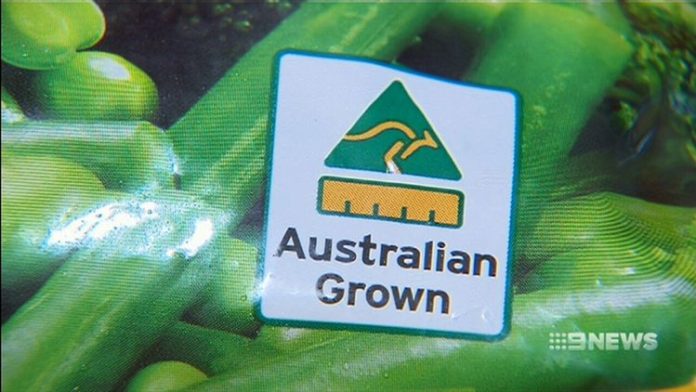Consumers are inadvertently purchasing foreign-owned grocery items while believing they're supporting Aussie brands, according to a group of Australian-owned businesses.Norco, SPC, Sanitarium, Mayvers Foods and Sunshine Sugar are calling for clearer product labelling, that specifies both a product's country of origin and the business's country of ownership.They argue consumers are purchasing the household products they grew up with – many of them iconic Aussie brands stamped with "Australian Made" – in an effort to support Australian farmers and communities, not realising some of those companies are now foreign-owned.
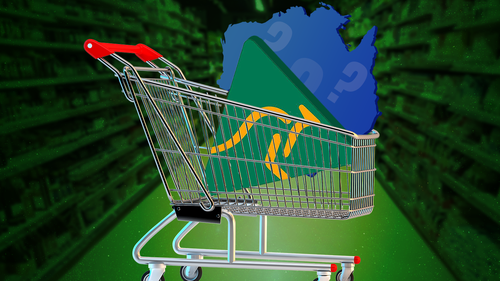
What's the difference between Australian-owned and Australian-made? Consumers are getting confused, according to some Australian businesses. (Graphic: Tara Blancato)"The big difference with 'authentically Australian' brands and products – those that are both Australian made and 100 per cent Australian owned – is that the money remains here in Australia and is not siphoned offshore," Norco CEO Michael Hampson said."This means it can then be reinvested back into Australia and regional communities which in turn creates more jobs, can better support our hardworking farmers, while helping to sustain the industries in which they operate."According to research commissioned by Norco, the oldest and largest Australian farmer-owned dairy co-operative, more than two-thirds of Australians (67 per cent) actively try to buy Australian and 30 per cent of people surveyed have increased their support for (what they believe to be) Australian brands and products over the past two years.But 81 per cent are inadvertently buying foreign-owned products.
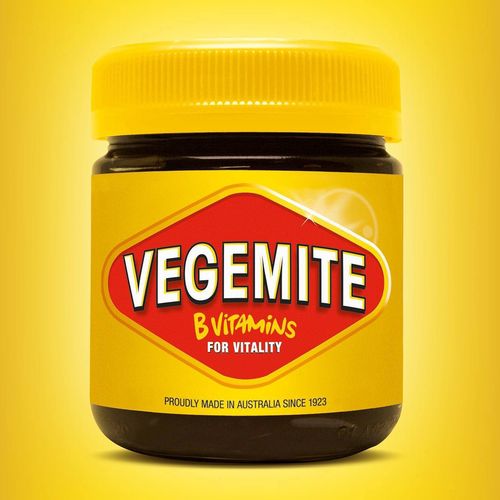
The quintessential Aussie spread Vegemite was owned by an American company for decades before it returned to Australian ownership in 2017 when purchased by dairy company Bega. (Facebook)A public Facebook group "Australian Owned & Made" has more than 1.7 million members, who post pictures comparing the labelling on different products and spotlighting Australian-owned businesses.A spokesperson for the Australian Competition and Consumer Commission (ACCC) told 9news.com.au in a statement that under consumer law, businesses are prohibited from making false and misleading statements or engaging in misleading or deceptive conduct."There are no requirements under the ACL (Australian Consumer Law) for businesses to provide specific information on their country of ownership, but businesses may voluntarily make these claims," the spokesperson said."Whether a business chooses to make a country of origin claim about its products or ownership, or is legally required to do so, the ACL requires that these claims be clear, accurate and truthful."
How can I tell if a product is Australian-made, Australian-owned or both?
Under consumer law, most foods that are offered for retail sale must specify the country where the food was grown, produced or made.The Australian Made, Australian Grown logo, a green triangle featuring a gold kangaroo, is Australia's only registered country of origin certification trademark and is used in country of origin food labelling to determine that a product is "genuinely Australian".However, labels don't have to specify whether the company behind the product is Australian or foreign-owned.
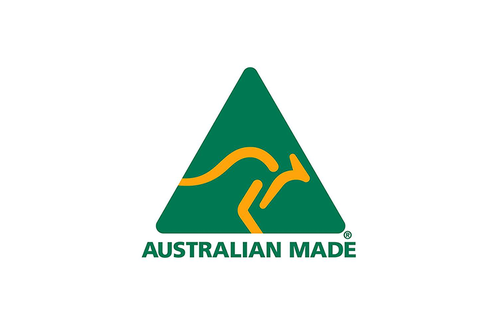
Products with this logo are certified as "genuinely Australian". They are registered with the not-for-profit Australian Made Campaign Ltd (AMCL) and meet the criteria set out in the Australian Consumer Law and the AMAG Logo Code of Practice. (Supplied)
What qualifies as Australian-made?
"Australian Made" or "Made in Australia" means the "last substantial transformation" of the ingredients or components must have happened in Australia.Packaging alone does not count as "substantial transformation".There is no requirement that the business be owned by Australian citizens or that the ingredients or components be produced in Australia.The statements "Australian Grown" or "Product of Australia" means all the significant ingredients and components have been grown in Australia and virtually all of the processing has been done here too.
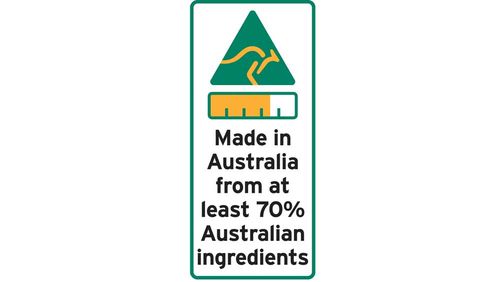
Country of origin food labels specify how much Australian produce is in Australian made products. (Supplied)More than 1000 businesses have met the criteria to use the Australian Made logo on tens of thousands of products.Its use is regulated by the ACCC and administered by a not-for-profit set up for that sole purpose, Australian Made.Australian Made CEO Ben Lazzaro said the green triangle is often mistaken or conflated with other areas of "Australianness"."These ideas of Australianness in general are often thrown into the mix together and so it does require the consumer to just have their radar up when they are looking for products, whether it's at the supermarket or online," he said."Our tip to consumers is always, if you see a lot of that (Australiana) on the product branding, that's when you need to look for those certification marks like the Australian Made logo to determine whether the product is genuinely Australian-made."Lazzaro believes there are benefits of making things in Australia whether the businesses are Australian-owned or not but also isn't adverse to consumers having more information."Wherever consumers are provided with more information to make an informed purchasing decision, that's a positive," Lazzaro said.Hampson wants to see food labelling legislation expanded to include country of ownership as well as country of origin so consumers can be clear about what they're buying."Companies in Australia are already used to these kinds of practises and requirements, he said."We can make this simple and really take out the confusion for consumers."The 10 latest Aussie supermarket products hit by shrinkflationView Gallery
What is an Australian business?
Outside of food labelling, a wider conversation is also underway about how we define an Australian business.The federal government is currently seeking input from industry and the public to develop a definition of an Australian business for Commonwealth government procurement processes.Senator Katy Gallagher's office told 9news.com.au there are a range of Australian-business related definitions for different purposes but that a standard definition would ensure greater transparency."This is an important step which will give us better data on how procurement contracts are awarded and how Australian businesses can be better supported," Gallagher said in a statement."We will always stand up for local businesses, which employ millions of Australians and contribute enormously to our economy."Michael Leighton from Australian Owned supports the creation of a standard definition for government procurement purposes.Businesses using the Australian Owned trademark have signed up for a rigorous certification process to establish they are at least 80 per cent owned by Australian citizens."We're about keeping businesses within Australia and supporting Australian businesses," Leighton said."Our taxpayers' money should be spent on supporting Australian-owned companies and not multinationals."

